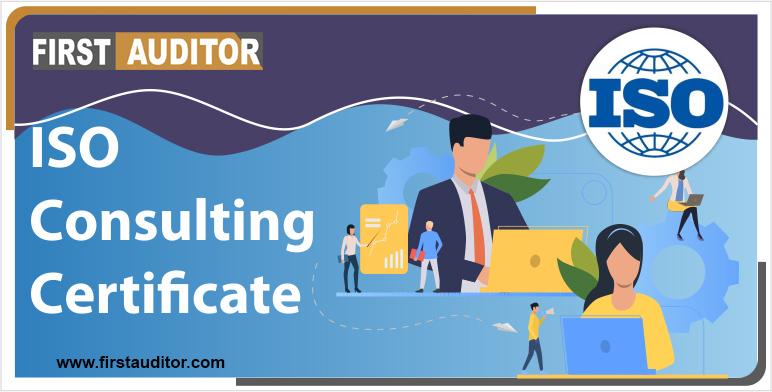The International Standards Organization (ISO) is a global organisation that offers recommendations to businesses regarding the performance, health, and quality of their products. Your service or product's reputation is enhanced by ISO registration. There are various ISO certifications, including ISO 9001, ISO 14001, ISO 5001, and others.
Regarded as a mark of excellence and reputation, ISO 9000 Companies choose ISO 9001:2015, ISO 19011:2018, and ISO 9000:2015 in order to satisfy regulatory requirements and consumer expectations.
An organization's core business areas are planned and executed using a structured framework of policies, processes, and procedures known as a QMS. The international standard for QMS is ISO 9001:2015. It is widely acknowledged and approved, and all small, medium, and large businesses can use it to increase productivity, quality, and profits. Additionally, it aids in cost- and waste-reduction.
We help businesses in all types of ISO certification. Some of the certifications we deal with are:

The following factors need to be taken into account before receiving an ISO certification:
Obtaining the proper ISO 9001 certification that helps a firm is the first step.
Finding the best ISO registrar who is accredited by ISO and strictly adheres to the CASCO criteria is the second step. The ISO body may or may not have IAF certification. International accreditation forum is referred to as IAF. A certificate's credibility is increased by having an IAF accreditation, although its legality is unaffected if one does not exist. These independent organisations will examine the business and evaluate its value on behalf of ISO.
The International Standards Organization (ISO) is an independent, non-governmental international organization that develops and publishes standards to ensure quality, safety, efficiency, and interoperability of products, services, and systems across various industries worldwide.
ISO standards are developed through a consensus process that involves experts from various countries and industries. The process includes drafting, reviewing, and revising standards to meet the needs of stakeholders and ensure global applicability.
ISO certification provides several benefits, including improved efficiency and productivity, enhanced customer satisfaction, increased market competitiveness, and the ability to meet regulatory and statutory requirements.
There are over 23,000 ISO standards covering various sectors, including quality management, environmental management, information security, food safety, and many more.
ISO standards are typically reviewed every five years to ensure their continued relevance and effectiveness. This review process may result in the standard being confirmed, revised, or withdrawn.
To become ISO certified, your organization must implement the relevant ISO standard's requirements, undergo an internal audit, and then seek certification from an accredited certification body.
ISO standards are voluntary and not legally binding. However, they are often adopted by organizations to demonstrate compliance with industry best practices and may be referenced in contracts or regulations.
Yes, ISO standards are designed to be applicable internationally, providing a common framework and set of requirements that organizations across different countries can adopt.